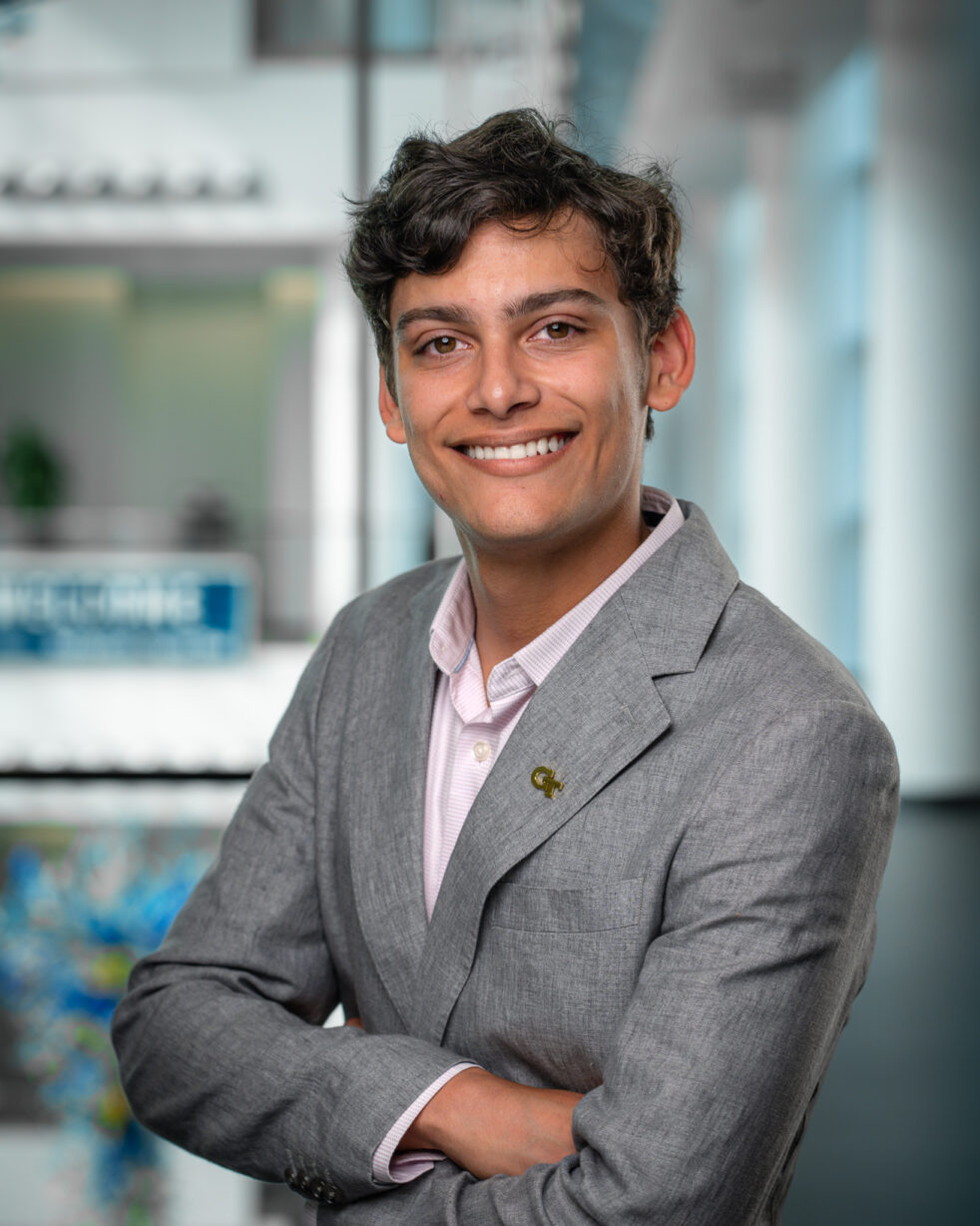As Bad Bunny, or as many people call him, Benito Antonio Martínez Ocasio, finished his No me quiero ir de aquí residency, I felt like I finished a phase of my life. Through that album and his residency, my passion for my home, Puerto Rico, and even my values have deeply changed.
Bad Bunny’s music has followed me since he released “Diles” in 2016. It might sound corny, but I was practically raised through his music. As the pandemic hit and I was at home learning how to take care of my newborn baby sister, his second album “YHLQMDLG” (I Do Whatever I Want) came out. I play his music and relive memories.
Inevitably, then, I had to go to his residency. Right before I came back to the Institute this fall, I went to his first of 31 shows in Puerto Rico. I couldn’t feel prouder knowing that globally-known figures like LeBron James that night came to the archipelago to see our talent.
Then, on the anniversary of Hurricane Maria, Benito announced the Una Más (One More) show, just as he finished his residency. Of all places, I got to watch it livestreamed on Amazon in New York City with one of my closest friends. He is a son of Puerto Ricans and has always wanted to immerse himself deeper within Puerto Rican culture.
For both of us, this concert became a chance to connect with our culture. As always, Bad Bunny started the concert with Alambre Púa, a song created with a Bomba beat. Bomba is a musical tradition coming from enslaved people on the Island, in which they used the beat as a symbol of resistance and defiance to the Spanish occupation.
The concert moves on to a break-up phase, with an unspoken understanding that Bad Bunny was likely referencing his breakup with Kendall Jenner. Even with his music dealing with so many feelings and him singing songs from nearly every album, the transitions between moods feel seamless. Right after leaving the audience heartbroken, Benito started singing lively dembow and reggaeton.
A highlight of Benito’s concerts is that he lets other artists shine. When you go to one of his shows, the only promise is that the music is in Spanish. As for the genre or invited artists, it’s always a surprise. For his last residency show, he brought the people that made reggaeton recognized around the world: Ñengo Flow, Arcángel, De La Ghetto and Jowell & Randy. Bad Bunny has often called Jowell & Randy the best “reggaetoneros” in history, and they got to show it off by singing five songs by themselves.
Bad Bunny let Los Pleneros de la Cresta put la Plena on the world-stage as well, highlighting another musical tradition. At the very end, he sings salsa music, the bread and butter of Hispanic music in the late 20th century.
The concert’s highlight was bringing over Marc Anthony to sing “Preciosa.” “Preciosa” is considered by some (myself included) an unofficial national anthem of Puerto Rico. Marc Anthony was born in New York City, and it felt like a merging between the Puerto Rican culture and the nearly 6 million stateside Puerto Ricans in the diaspora that keep the culture’s heart beating.
“DeBÍ TiRAR MáS FOToS” and truly all of Bad Bunny’s music, has helped me work through breakups, moments of excitement and nostalgia for my home. His music pushes me to work harder for a better Puerto Rico.
Just as Benito comes off announcing he’ll be the Super Bowl’s halftime show, I feel an even deeper passion for where I’m from. Even if you’re not Puerto Rican, hearing the story of Benito going from being a bagger at a local supermarket to being front-page in every newspaper, winning three Grammys and eight Billboard music awards is more than enough inspiration to keep me going. He’s taught me to reach for my dreams, but never lose conviction to my values and who I truly am in the process.
Although I get the complaints about the music being vulgar, it’s impossible to shake the fact that Bad Bunny has transformed Puerto Rico’s future for decades through his music. It may not be the most musically complex or lyrically poetic music, but it makes me feel at home even when I’m hundreds of miles away. It makes me feel accompanied and seen through my struggles or my successes when there’s no one else around.
I chuckle every time I see someone in Atlanta listening to him, even when they don’t understand a word. It inspires me to see so many people follow a Puerto Rican artist even when they haven’t lived through our culture, and it’s even more inspiring knowing Benito achieved all of this without ever moving out of Puerto Rico and staying true to his values and principles.
